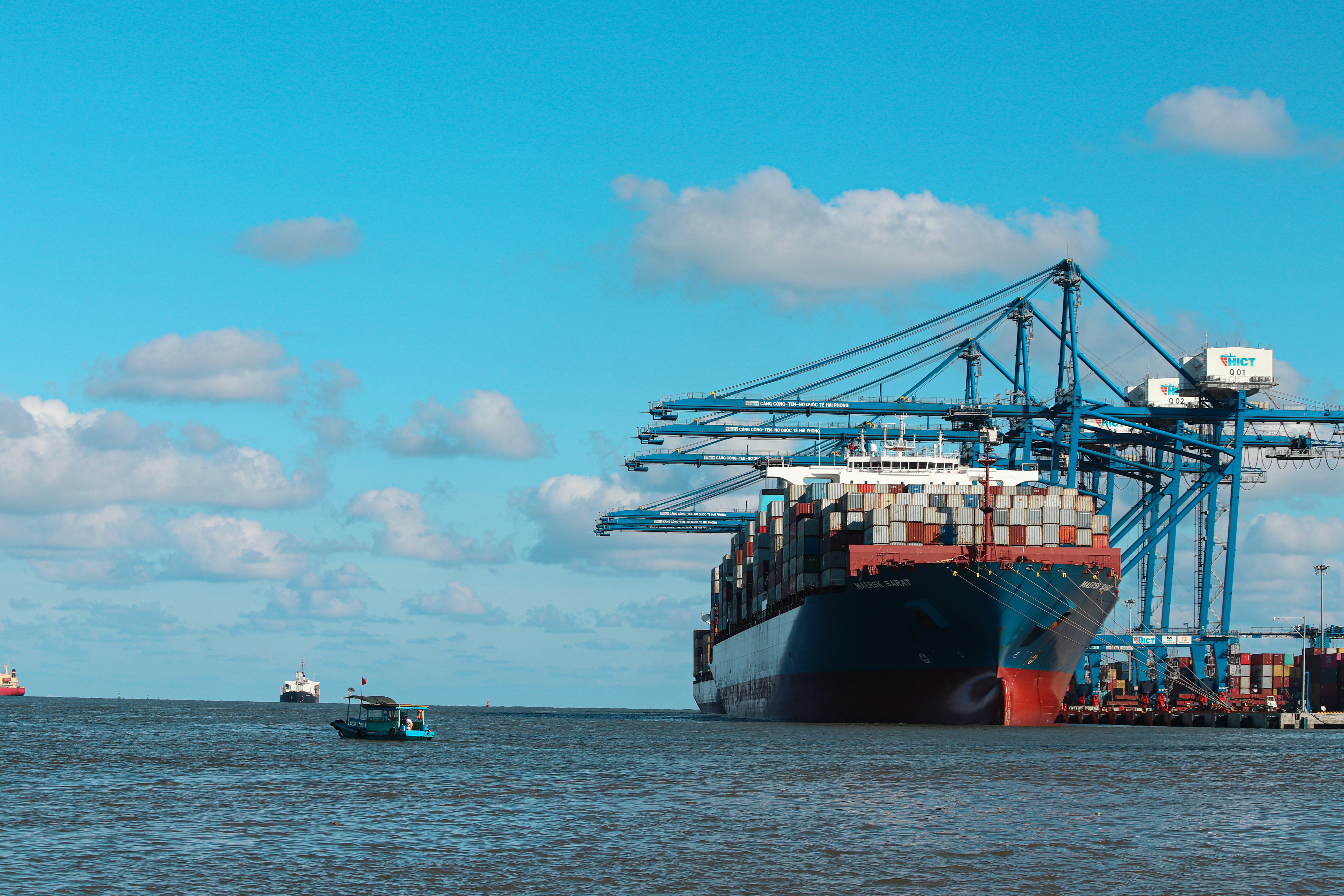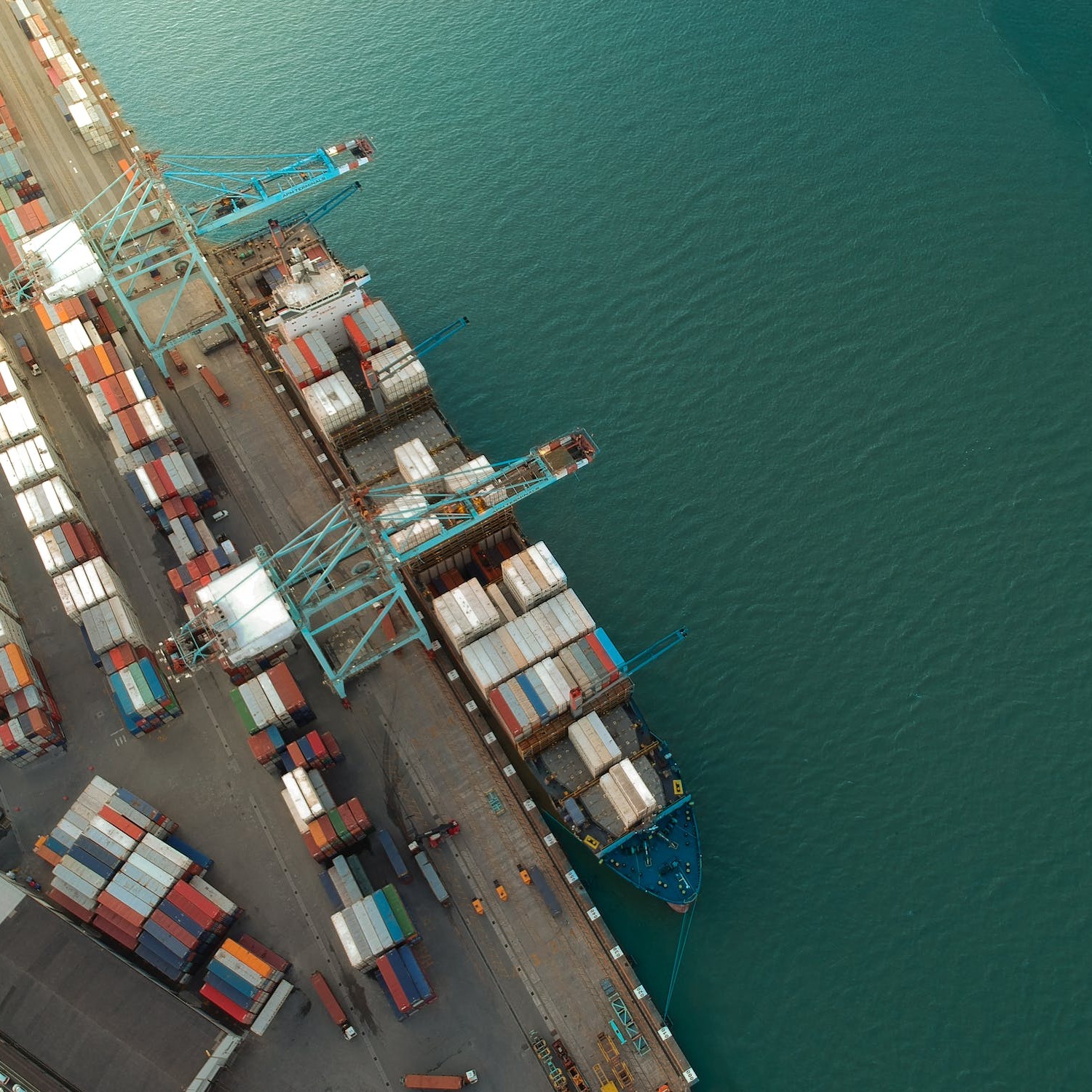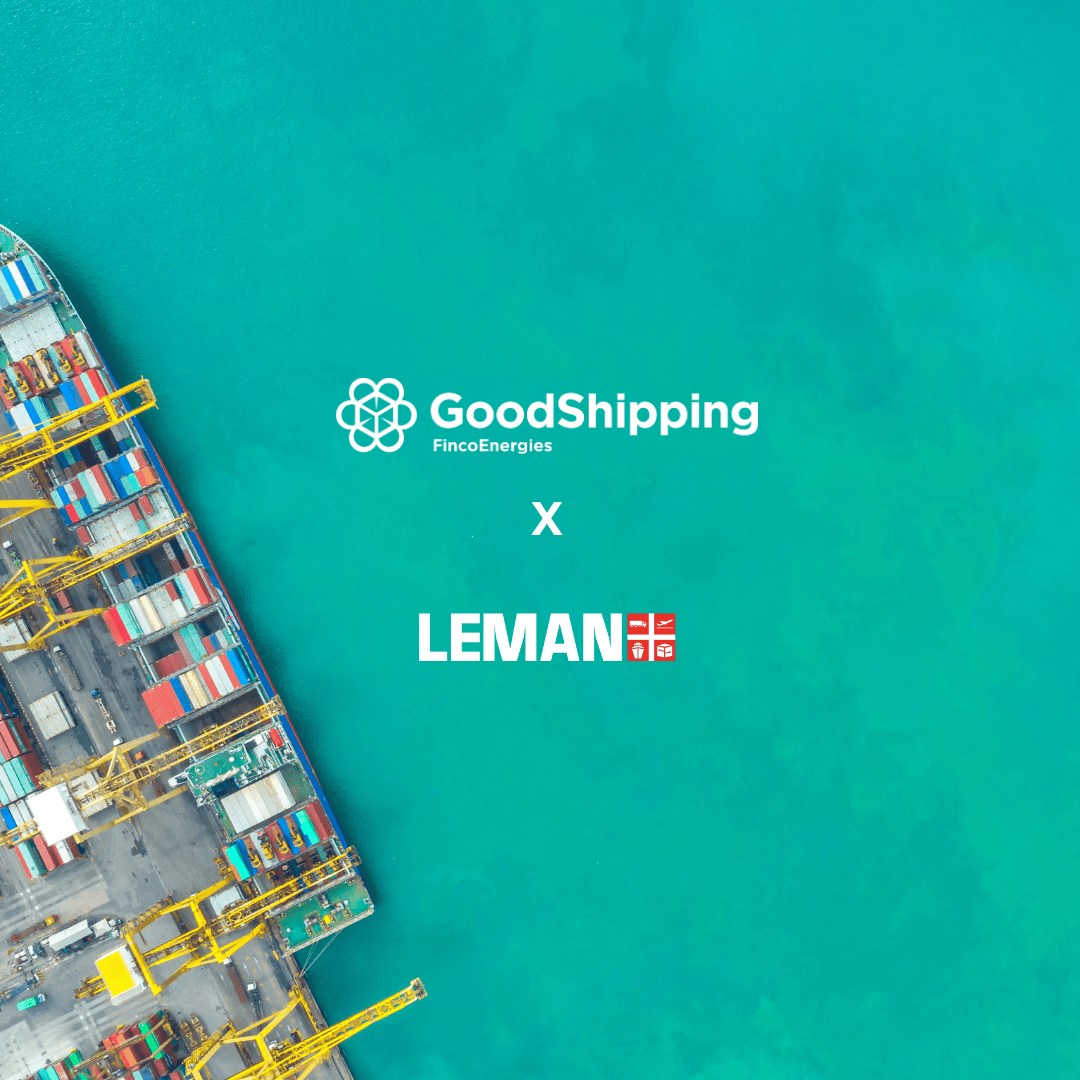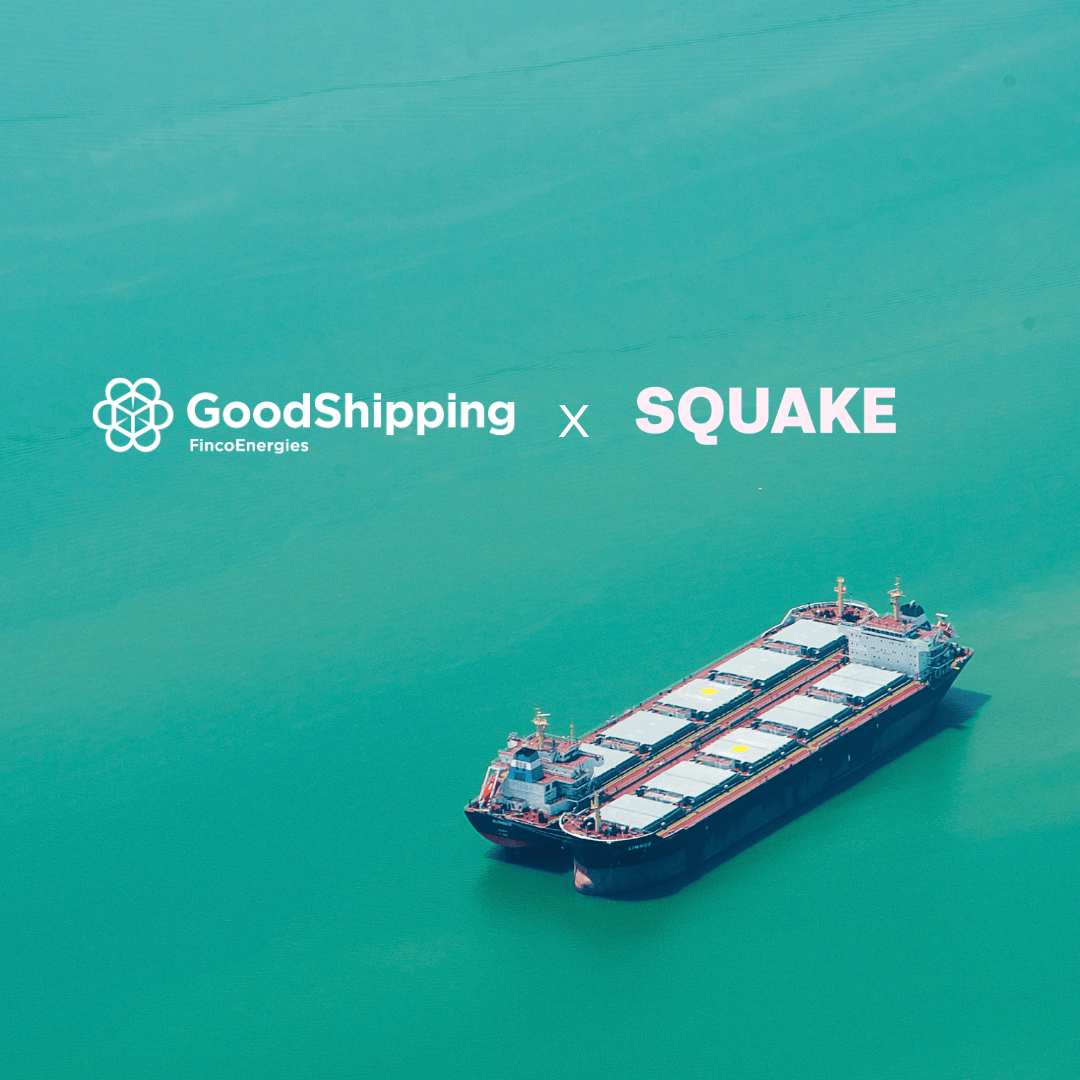Looking back on a year of progress and innovation, but what’s next?


The decarbonisation of Europe’s transportation sector has accelerated in 2024, driven by regulatory developments, technological advancements, and growing demand for sustainable solutions.
At the heart of this movement is the continued growth of sustainable biofuels and other low-carbon alternatives, which play a crucial role in reducing emissions across hard-to-abate sectors such as shipping and freight.
Throughout 2024, biofuel innovation has made significant strides, positioning sustainable biofuels as a central solution for decarbonising transportation.
Advances in the production of advanced biofuels—derived from non-food feedstocks like agricultural waste, forestry residues, and used cooking oil—have accelerated, reducing concerns around land use and food competition. Improved technologies have enhanced the efficiency and scalability of biofuel production, enabling greater availability across key sectors, particularly shipping and aviation.
At the same time, drop-in biofuels that seamlessly integrate with existing fuel infrastructure have become more widely adopted, reducing barriers to implementation. Policy support, including incentives and mandates from the EU’s Renewable Energy Directive (RED II) and the introduction of FuelEU Maritime, has spurred investment, driving down costs and boosting demand. These combined developments have strengthened the case for biofuels as a credible, scalable, and near-term solution for achieving significant emissions reductions in hard-to-abate sectors.
FuelEU Maritime: Driving compliance and innovation
A significant milestone this year is the implementation of the FuelEU Maritime regulation, which introduces stricter carbon intensity targets for fuels used in shipping. By progressively reducing the greenhouse gas (GHG) intensity of fuels, FuelEU Maritime aims to accelerate the adoption of cleaner alternatives such as sustainable biofuels, e-fuels, and renewable energy solutions.
For freight owners and forwarders, this regulation can present both challenges and opportunities:
Compliance with carbon intensity targets: Companies must align their shipping operations with the mandated GHG reduction levels, driving demand for verified low-carbon fuels.
Ensuring additionality: Sustainable biofuels must demonstrate additionality—meaning the fuel contributes to real, measurable, and incremental emission reductions that wouldn’t have occurred otherwise. The implementation of Fuel EU Maritime can mean that reductions once considered additional no longer meet the criteria since through the regulation, it is now considered the bare minimum. However, through decarbonisation efforts such as Carbon insetting, when transparently verified, can ensure these reductions are additional and credible.
Insetting: Turning compliance into action
As businesses strive to meet regulatory obligations and their own net-zero goals, carbon insetting is emerging as a key enabler of impact. For freight owners, purchasing insets allows them to reduce Scope 3 emissions by financing the adoption of sustainable fuels within their value chain. Similarly, freight forwarders can add value to their customers by offering insetting services enabling measurable emission reductions.
An opportunity for transformation
With regulations such as FuelEU Maritime setting the pace, and biofuel innovation scaling up, businesses have a unique opportunity to lead the way toward decarbonized shipping.
At GoodShipping, we’re committed to helping you navigate these changes with high-integrity insetting solutions that ensure real, additional, and verifiable emission reductions. Together, we can accelerate progress and make 2025 a milestone year for sustainable transportation.
Let’s turn compliance into climate leadership. Because every step toward net zero counts. 🚢







